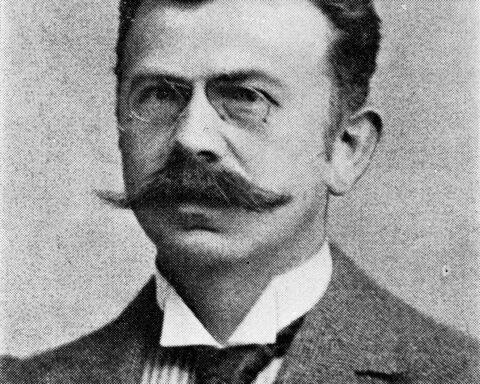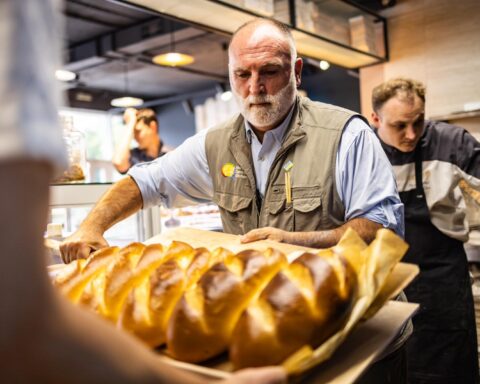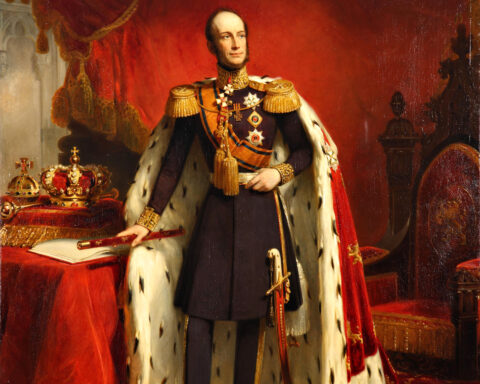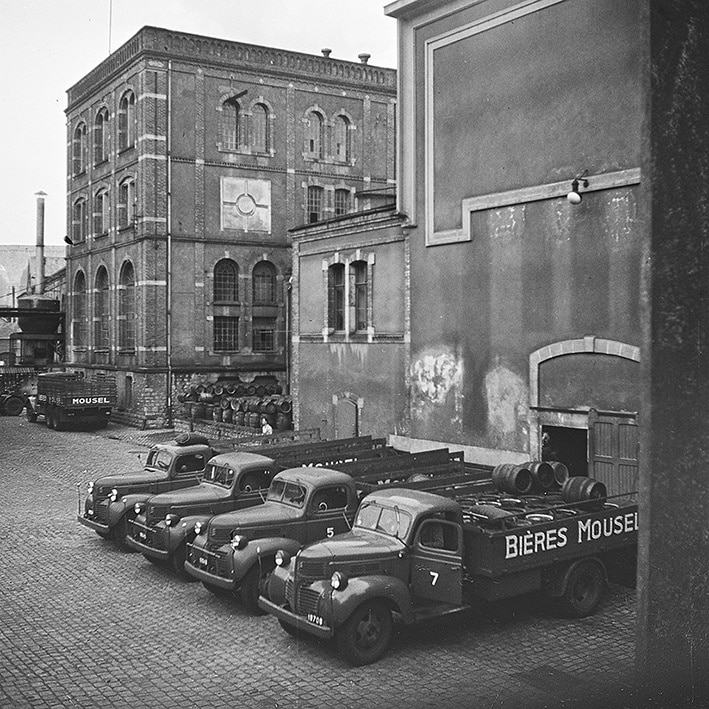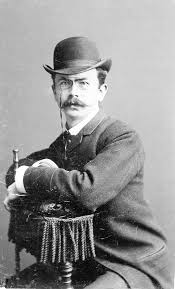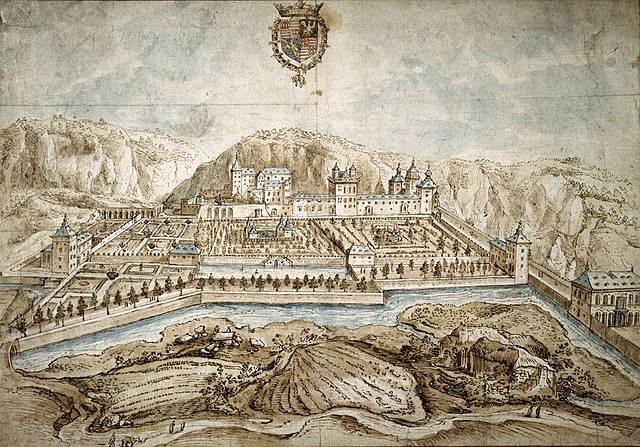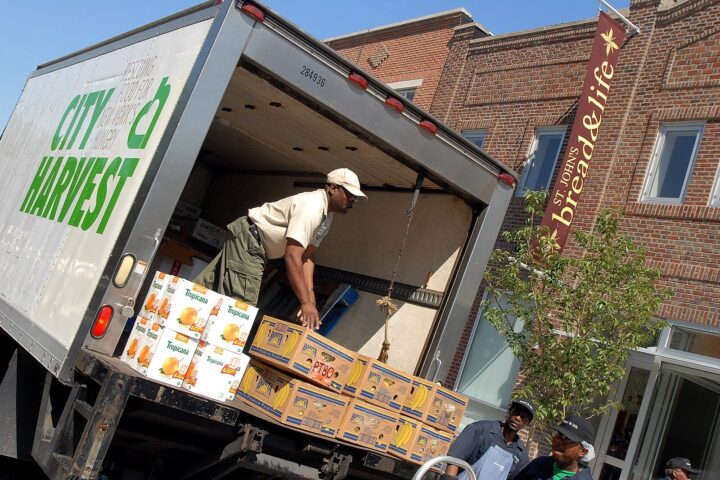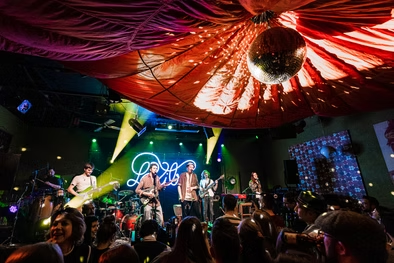Established in 1825, Brasserie Emile Mousel & Cie significantly influenced Luxembourg’s brewing industry. Its evolution reflects the nation’s rich beer culture and industrial progress.
Founding and Early Development
In 1825, Michel Mousel acquired a brewery in Clausen, Luxembourg, and modernized its equipment to enhance beer quality and production capacity. After Michel’s death in 1845, his son Jacques Mousel expanded the business further. Following Jacques’s passing in 1856, his wife Suzanne Trierweiler managed the brewery, leading to substantial growth. Their sons, Emile and Albert Mousel, continued the family tradition. In 1885, the brothers merged their operations, forming “Brasserie Mousel Frères.” After Albert’s death in 1889, Emile assumed sole control, and the brewery was renamed “Brasserie Emile Mousel & Cie, Société en Commandite”.
Mergers and Expansion
In 1911, following Emile Mousel’s death, his nephews Jules and Albert Mousel transformed the brewery into a limited company named “Brasserie de Luxembourg anct. Mousel & Cie.” The company expanded by acquiring several breweries: Funck-Nouveau in Pfaffenthal (1914), Brasserie d’Eich (1951), Gruber in Wiltz (1956), and Brasserie d’Esch (1969). A significant merger occurred in 1971 with Brasserie de Clausen, resulting in the formation of “Brasseries Réunies de Luxembourg Mousel et Clausen – Société anonyme.”
“Brasserie de Luxembourg was born in 2000 from the fusion of two breweries: The Brasserie Diekirch, founded in 1871, and the Brasserie Mousel founded in 1825.”
Modern Era and Legacy
In 2000, Brasserie de Luxembourg emerged from the merger of Brasserie de Diekirch and Brasserie Mousel, becoming Luxembourg’s second-largest brewery. The company was later acquired by Anheuser-Busch InBev, a global brewing leader. Despite these changes, the Mousel brand remains integral to Luxembourg’s beer culture, reflecting a rich brewing heritage.





